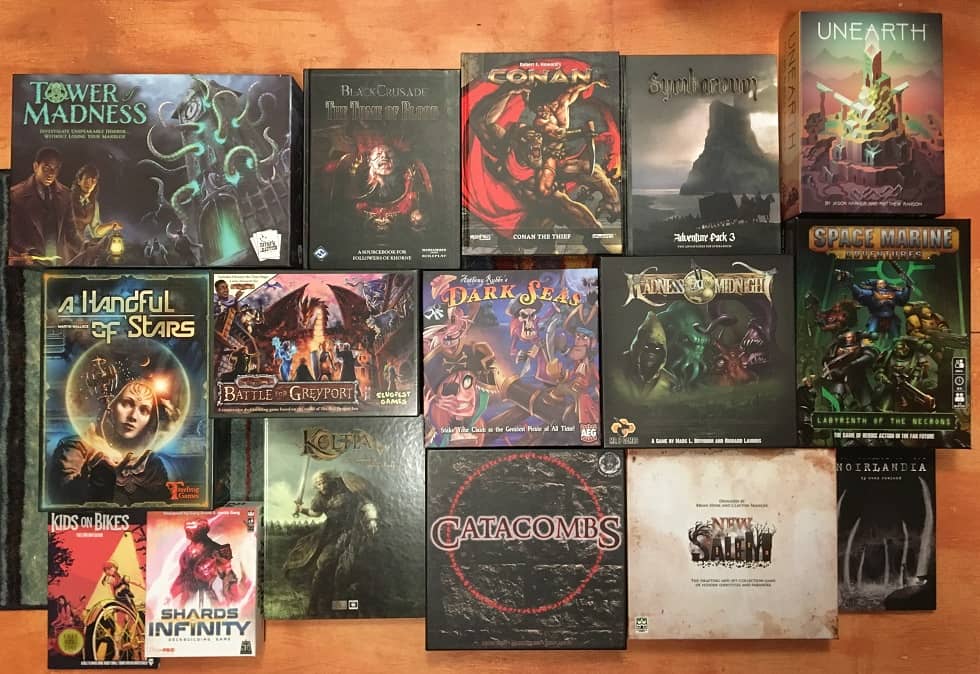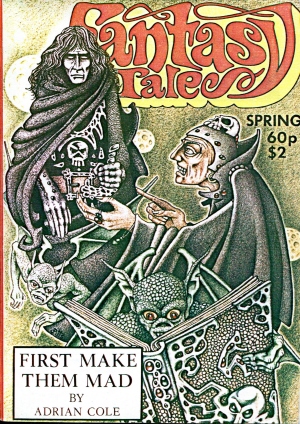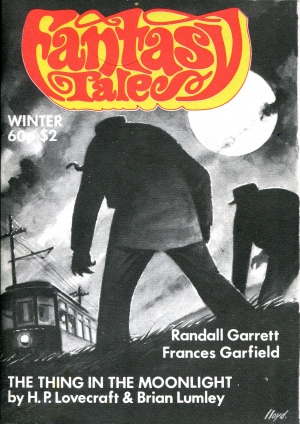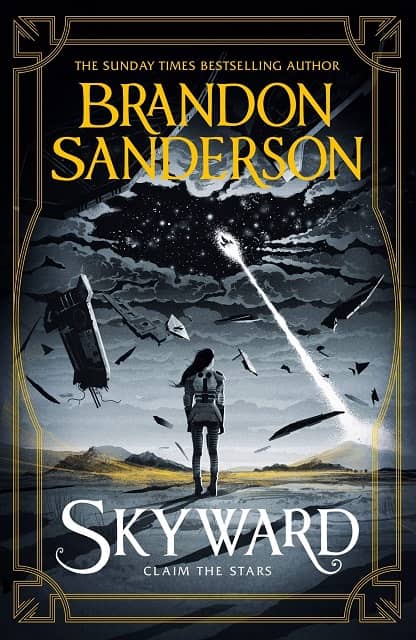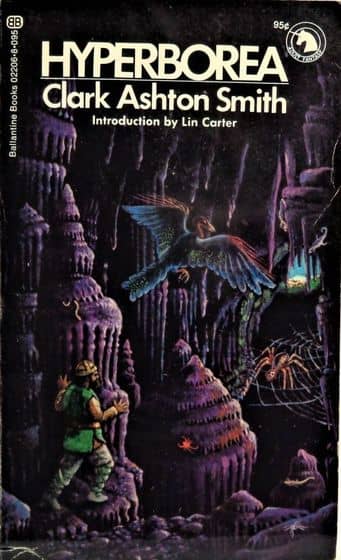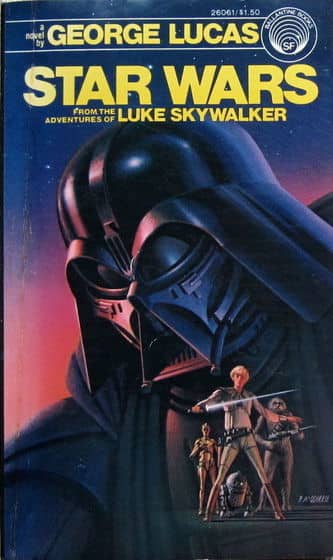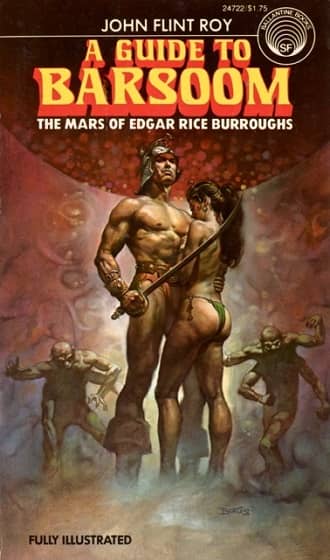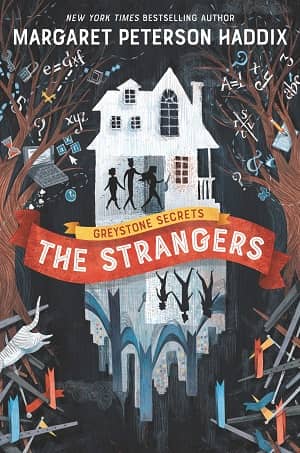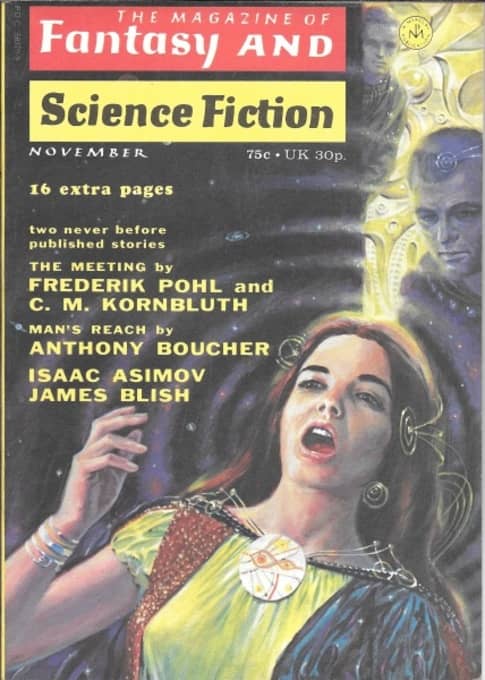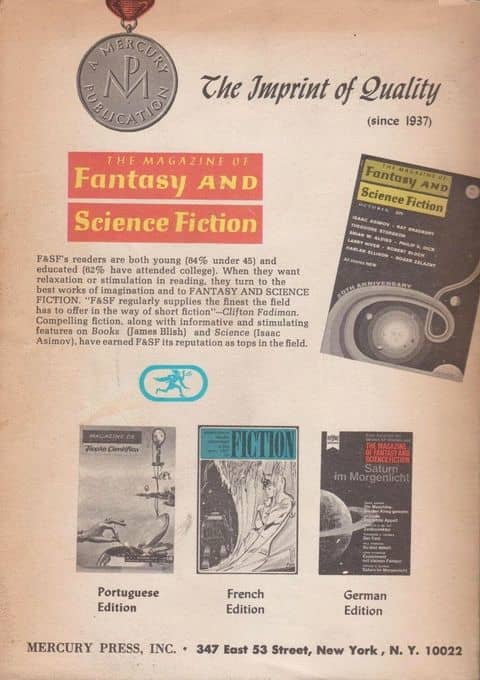The Fortress World and the Eye of Terror: Warhammer 40K: The Cadian Novels by Justin D. Hill
 |
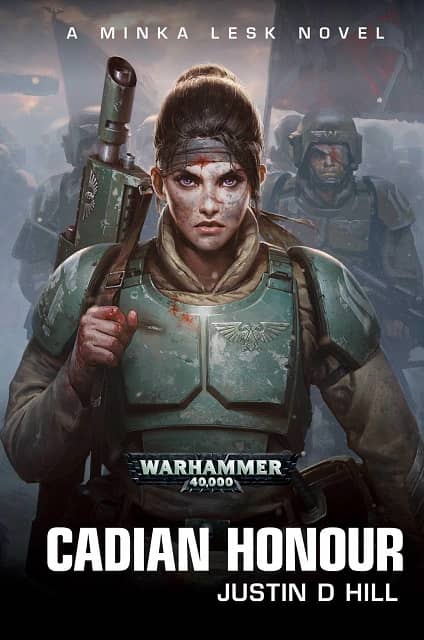 |
When I made the 90-minute commute to Glenview every morning (and the 90-minute drive home every evening), I got addicted to Warhammer 40K audio dramas. They made the long drive bearable. When I left that job four years ago I fell out of the habit, and haven’t kept up on the unfolding drama in my favorite dark space opera. I did hear rumors of a Thirteenth Black Crusade, the unexpected return of the loyal primarch Roboute Guilliman (in Guy Haley’s Dark Imperium series), and the catastrophic fall of the fortress world of Cadia, the last line of defense against the daemonic tide spilling out of the Eye of Terror. Man, you take your eye off the ball for a minute, and everything goes to hell.
Justin D. Hill’s new Cadia series seem like the perfect place to jump back into the saga. The first novel, Cadia Stands, was published in March 2018, and the sequel Cadian Honour is scheduled for September of this year (and is already available in digital format). Here’s the description for the first volume.
The brutal war for Cadia is decided, as Lord Castellan Ursarkar Creed and the armies of the Imperium fight to halt the Thirteenth Black Crusade and prevent a calamity on a galactic scale.
Under almost constant besiegement by the daemonic hosts pouring from the Eye of Terror, Cadia stands as a bulwark against tyranny and death. Its fortresses and armies have held back the hordes of Chaos for centuries, but that grim defiance is about to reach its end. As Abaddon’s Thirteenth Black Crusade batters Cadia’s defences and the armies of the Imperium flock to reinforce this crucial world, a terrible ritual long in the making comes to fruition, and the delicate balance of this brutal war shifts… From the darkness, a hero rises to lead the beleaguered defenders, Lord Castellan Ursarkar Creed, but even with the armoured might of the Astra Militarum and the strength of the Adeptus Astartes at his side, it may not be enough to avert disaster and prevent the fall of Cadia. While Creed lives, there is hope. While there is breath in the body of a single defender, Cadia Stands… but for how much longer?
And here’s the description for Cadian Honour.
